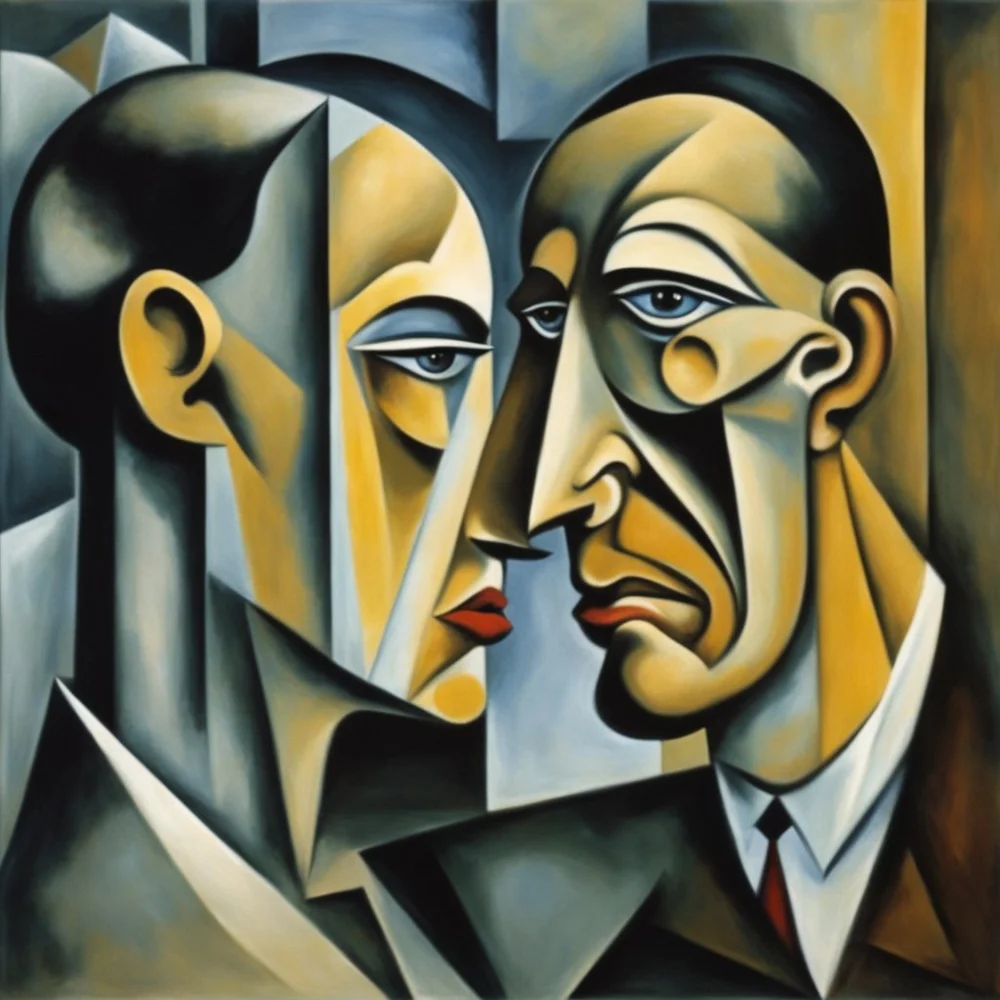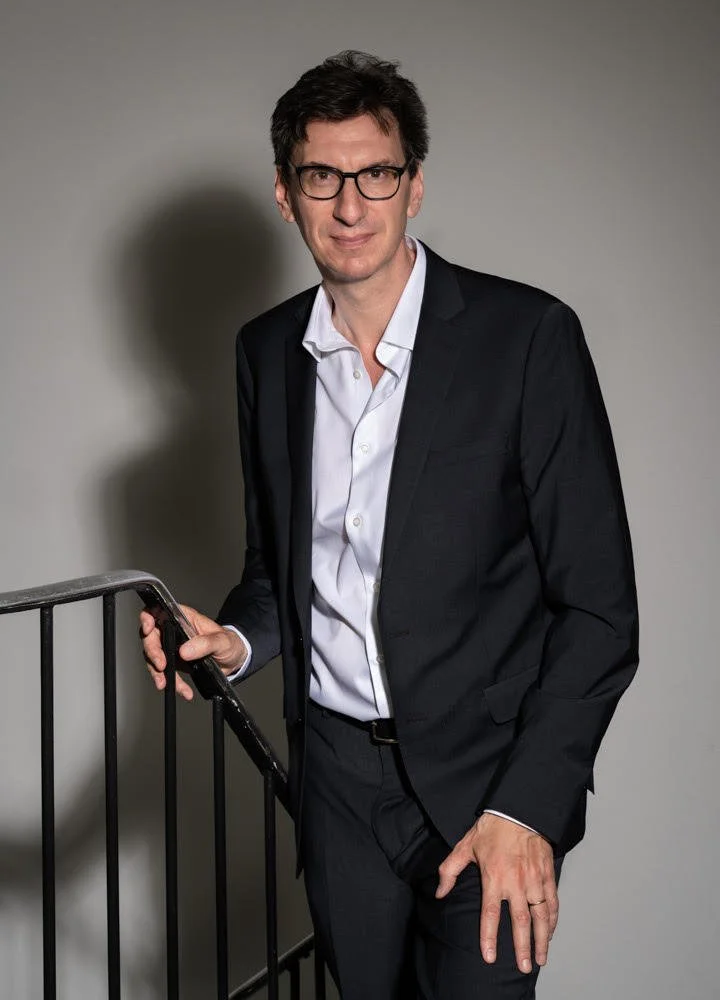The Precarious Happiness of Theodor Adorno, with Peter Gordon
Update: 2024-07-11
Description
<svg height="0" width="0" xmlns="http://www.w3.org/2000/svg">
<defs>
<path d="M0.8,1 H0.2 L0,0 h1 Z">
</defs>
</svg>
<figure class="
sqs-block-image-figure
image-block-outer-wrapper
image-block-v2
design-layout-collage
combination-animation-site-default
individual-animation-site-default
individual-text-animation-site-default
image-position-left
image-linked
">

<figcaption class="image-card-wrapper">
</figcaption>
</figure>
<svg height="0" width="0" xmlns="http://www.w3.org/2000/svg">
<defs>
<path d="M0,0.5 A0.5 0.5, 0 0 1, 1 0.5 M1,0.5 A0.5 0.5, 0 0 1, 0 0.5 Z">
</defs>
</svg>
<figure class="
sqs-block-image-figure
intrinsic
">

</figure>
<figure class="
sqs-block-image-figure
intrinsic
">

</figure>
<figure class="
sqs-block-image-figure
intrinsic
">

</figure>
<defs>
<path d="M0.8,1 H0.2 L0,0 h1 Z">
</defs>
</svg>
<figure class="
sqs-block-image-figure
image-block-outer-wrapper
image-block-v2
design-layout-collage
combination-animation-site-default
individual-animation-site-default
individual-text-animation-site-default
image-position-left
image-linked
">

<figcaption class="image-card-wrapper">
German Intellectual History
</figcaption>
</figure>
<svg height="0" width="0" xmlns="http://www.w3.org/2000/svg">
<defs>
<path d="M0,0.5 A0.5 0.5, 0 0 1, 1 0.5 M1,0.5 A0.5 0.5, 0 0 1, 0 0.5 Z">
</defs>
</svg>
<figure class="
sqs-block-image-figure
intrinsic
">

</figure>
In this episode, we interview Professor Peter Gordon about the philosopher and social theorist Theodor Adorno (1903 - 1969). Adorno’s name is largely synonymous with what today is called ‘critical theory’, a figure who’s influence can be felt across disciplines as varied as philosophy, political theory, sociology, literary studies, film studies, and art history. Here we ask Professor Gordon about his new book A Precarious Happiness (CUP, 2023), as well as questions pertaining to intellectual history, the peripheral position of Jews in early 20th century Germany, the significance of Auschwitz, and the writings of Adorno more broadly in relation to the critical tradition.
<figure class="
sqs-block-image-figure
intrinsic
">

</figure>
<figure class="
sqs-block-image-figure
intrinsic
">

</figure>
Comments
In Channel







